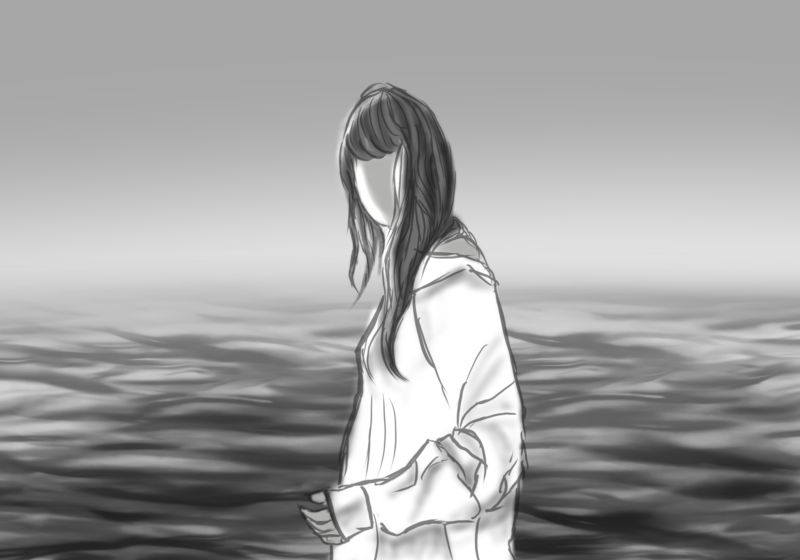It has been 16 years since 9/11. This week we’d like to look back on the impact that these acts had on the UR community, and how the Campus Times covered them.
On Sept. 12, 2001, the Interfaith Chapel provided the refuge many sought. Vice President Paul Burgett and President Thomas Jackson sat in silent vigil, the rows of benches filled with grieving students. In those first few days, no one knew exactly what impact the attacks would have on the University community. A large section of the alumni pool then lived in New York City and Washington D.C., and a number of students were interning in those areas. The first concern of the administration was the wellbeing of students. Many were personally affected by the tragedy and wished to be home with their families.
The staff of the Campus Times tried to capture the turmoil that had spread across campus. Several quotations from students exemplify the subdued atmosphere at the time. Some students, at first, believed that it could only be a terrible joke; others were simply shocked. However, since a Campus Times issue was printed the day after the attacks, writers were also able to show how members of the community managed to console each other, from all University deans being available to students to a blood drive being set up.
As the full weight of the tragedy set in, classes on River Campus were suspended, and deans were made available to help students cope with the events that were unfolding. Almost immediately the blood drive was organized at Strong Memorial Hospital. Students waited for as long as three hours to donate; all-in-all, New York City received over 15,000 pints of blood immediately following the attacks. While at first shocked or scared, students at UR responded quickly, and benevolently, in support of the victims in New York, Washington, and Pennsylvania.
But for our students, the trauma did not end immediately. Depression, anxiety, and stress plagued the students of UR in an enduring time of hardship. A year on and students were still struggling to cope with the events that had transpired, and an empathetic gap divided them from their parents. A study done by the School of Nursing found that teens were significantly more uncertain about how to cope with stress following 9/11, and that there was serious disparity between the mental states of young adults and children and how their parents perceived them. Before 9/11, 21 percent of children and teens worried about stressful things, while after 9/11, 32 percent of them did.
Six members of the UR community were killed that day. Jean Hoadley Peterson was a wife, a mother, and a nurse, who graduated from the nursing school in 1969, and dedicated herself to helping all, from drug addicts to soon-to-be mothers in distress.
Jeffrey Smith, who graduated from Simon Business School in 1988 and had just married in the June of 2001, was remembered by his friends for his striking smile and sense of humor.
Rushing toward the World Trade Center after the first tower collapsed was Zhe Zeng, a medical practitioner and graduate of Simon Business school. He flew to ground zero to provide aid to the survivors of the first tower: Then, the second tower collapsed.
Aram Iskenderian was a loving father and husband, and was talking to his wife about his boys’ first day of school, when Flight 11 plummeted into the north tower.
Another family man, a former quarterback of the Yellowjackets and social chair of Psi Upsilon, was Brendan Dolan 86, who died that day.
Perhaps the honored among those of our community lost that day is Jeremy Glick. Glick received the Medal for Heroism and the Arthur Ashe Courage Award. It is believed that he was one of the passengers who attacked the hijackers on United Flight 93, preventing the aircraft from reaching its intended target, possibly the Capitol Building or the White House.
This Monday, three NROTC midshipmen will stand at attention at the Meridian bench facing the Interfaith Chapel from 8:45 a.m. until 12 pm. Those who knew UR’s victims remember their caring hearts and community contributions with both sorrow and love. This is how UR remembers.




